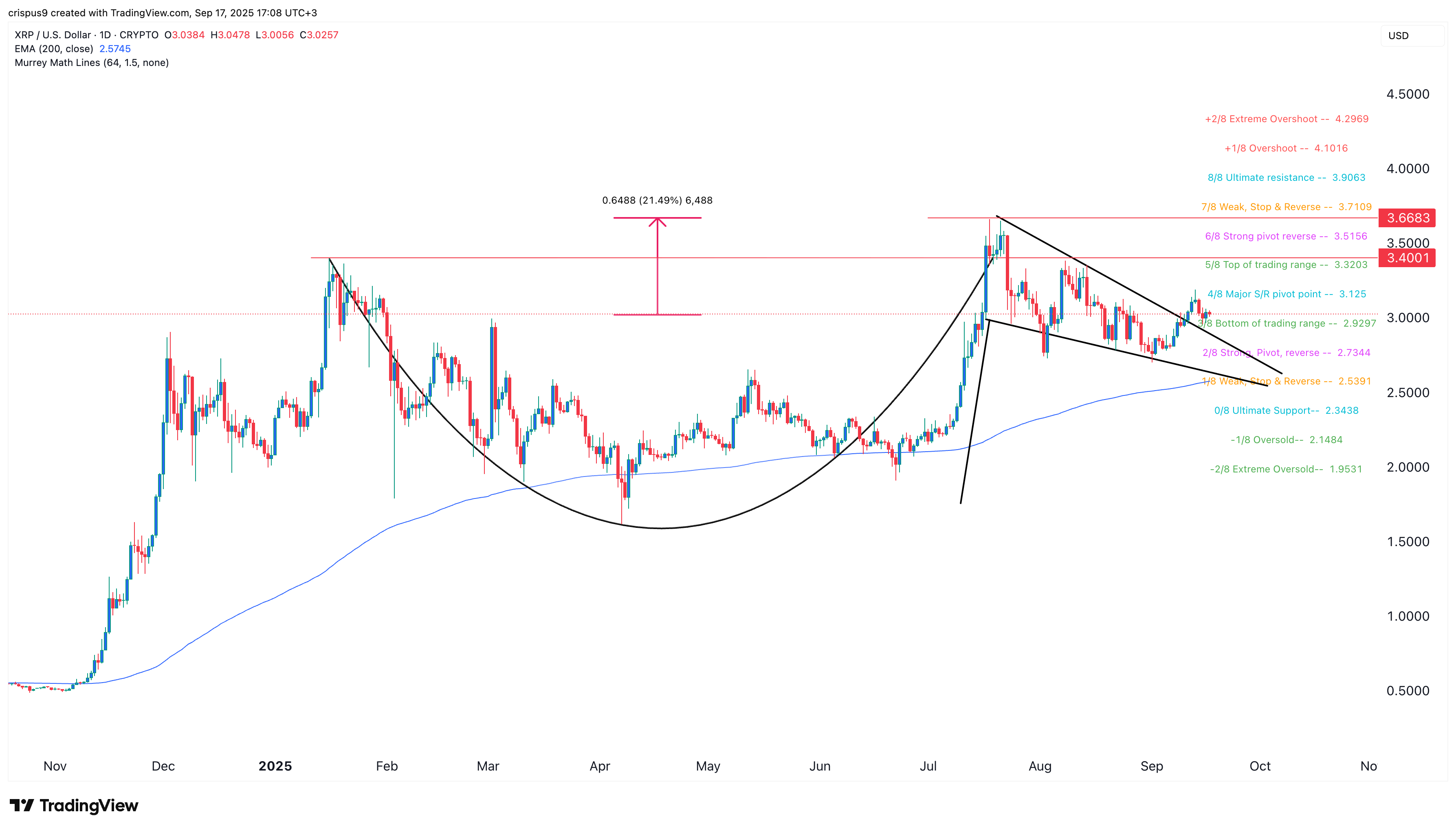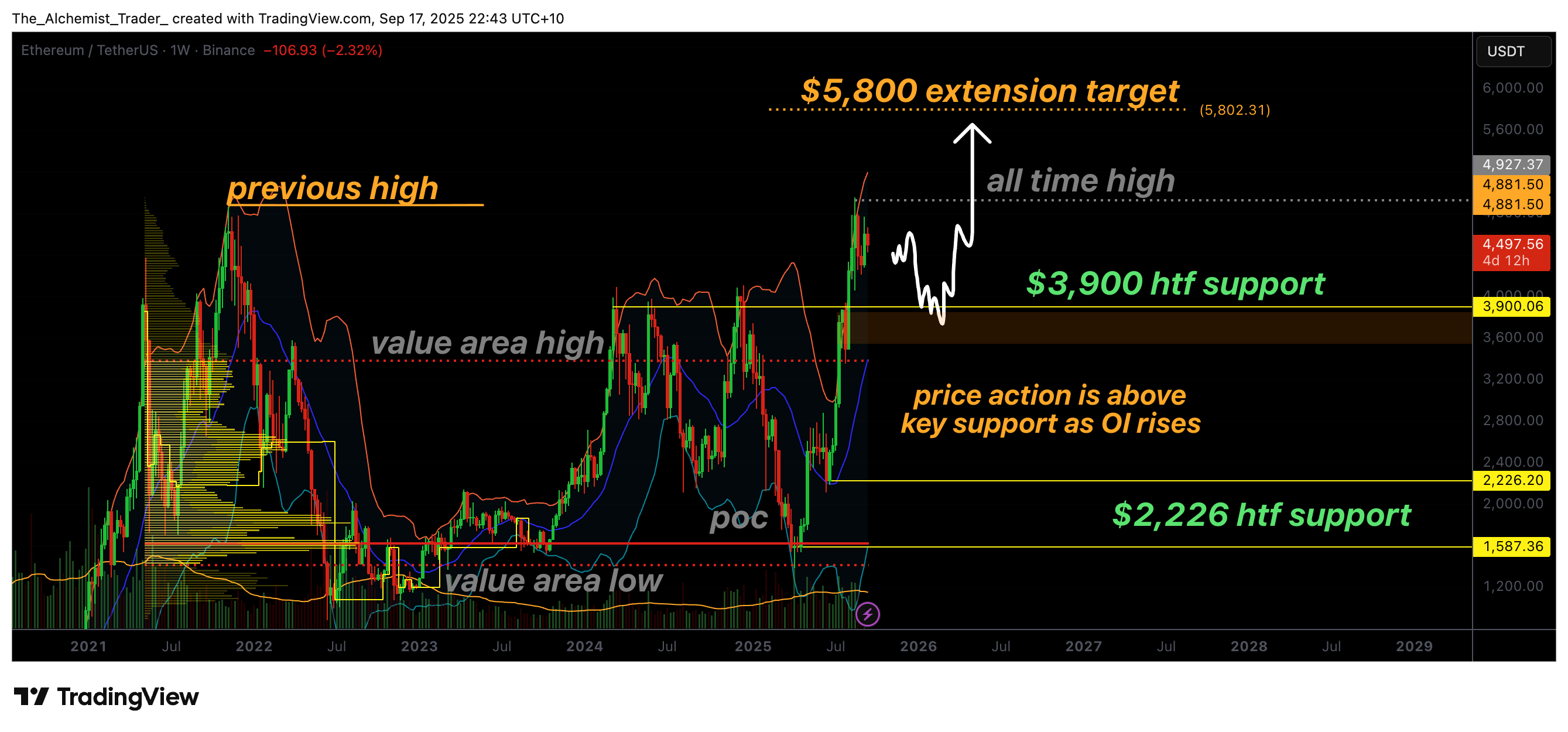How Jupiter and Meteora fueled LIBRA’s collapse on Solana

How did Kelsier, Jupiter, and Meteora allegedly use LIBRA’s liquidity to cash out at the top while everyday traders lost billions in the biggest Solana scandal since FTX?
A sudden scandal
On Feb. 14, what should have been just another day in the crypto markets turned into one of Solana’s (SOL) biggest scandals since the FTX (FTT) collapse.
A newly minted meme coin, LIBRA, appeared out of nowhere and was suddenly at the center of a financial storm. Within minutes of its creation, Argentina’s President, Javier Milei, publicly endorsed it, triggering a frenzy.
The price skyrocketed to a multi-billion dollar market cap — only to collapse just as fast, leaving retail investors wrecked while insiders made off with millions.
As the dust settled, the scale of the disaster became clear. This wasn’t just another pump-and-dump. It was something far bigger, involving powerful figures in both politics and crypto.
At the heart of the scandal was Kelsier Ventures, led by Hayden Davis, a figure now widely accused of orchestrating liquidity manipulation schemes.
But Kelsier wasn’t acting alone. The scandal’s reach extended deep into the Solana ecosystem, pulling in two of its most prominent projects — Meteora and Jupiter (JUP).
Meteora, a major liquidity provider, played a crucial role in facilitating trades that allowed insiders to exit with millions before retail investors could react.
Meanwhile, Jupiter, Solana’s dominant decentralized exchange, is now facing scrutiny over whether its infrastructure was used for these trades — and whether insiders within its ecosystem had prior knowledge of the manipulation.
Was this just another reckless meme coin craze spiraling out of control, or was the entire ecosystem — Meteora, Jupiter, and Kelsier — part of a coordinated operation designed to enrich insiders at the public’s expense?
Let’s dig in.
The genesis of the LIBRA token
The origins of LIBRA are as murky as the scandal itself. Unlike most meme coin launches driven by grassroots hype, this one had the brief but powerful backing of a sitting president.
On Feb. 14, at exactly 21:38 UTC, the token was minted on the Solana blockchain. Less than 30 minutes later, Argentina’s President, Javier Milei, took to social media to publicly endorse it.
His post linked to a website — vivalalibertadproject.com — a name strikingly similar to his campaign slogan and political party, La Libertad Avanza. Whether this was a calculated scheme or a reckless mistake remains unclear, but the fallout was immediate.
The moment Milei hit “post,” chaos erupted. Snipers — crypto traders who specialize in early entries — pounced. Within an hour, LIBRA’s price surged to $4.55, pushing its market cap past $4 billion.
But this wasn’t organic growth. Blockchain analysts later revealed that wallets linked to insiders had already stockpiled massive amounts of LIBRA before the public had a chance.
Then came the crash. Just as fast as it had risen, LIBRA plummeted, nosediving 95% within hours. Retail investors, drawn in by the hype, were left with worthless tokens, while those on the inside had already cashed out, draining over $251 million from the ecosystem.
In total, less than 14% of traders escaped with a profit. The most successful wallet walked away with $6.5 million. The rest were wiped out.
And then, as abruptly as he had endorsed LIBRA, Milei deleted his post. He now insisted he had no real connection to the project, claiming he was merely “spreading the word” about a private venture.
The political backlash was swift. Argentina’s opposition accused Milei of orchestrating a financial scam, with calls for his impeachment growing louder.
Former president Cristina Fernández de Kirchner condemned the incident, stating, “Thousands who trusted him lost millions, while a select few made fortunes due to privileged information.”
The Kelsier connection
As the dust settled on LIBRA’s spectacular collapse, all eyes turned to Hayden Davis, the self-proclaimed crypto strategist and CEO of Kelsier Ventures. If anyone stood to gain the most from this debacle, it was him.
Until now, Davis was a relative unknown in the broader crypto space. But within Solana’s meme coin boom, he had carefully positioned himself as a key player — though not one who inspired confidence.
With ties to multiple questionable token launches, including MELANIA and M3M3, Davis had built a reputation for orchestrating high-profile, high-volume, and highly rigged pump-and-dump schemes.
For LIBRA, Kelsier’s role was crucial. Blockchain data confirmed that wallets linked to Kelsier were among the earliest accumulators of LIBRA tokens, well before Milei’s endorsement.
These wallets dumped their holdings at the peak, leaving the public scrambling to sell before the crash.
While Davis denied any direct wrongdoing, his explanations did little to convince skeptics. He admitted to controlling over $100 million tied to the project but insisted it wasn’t his. “It’s Argentina’s,” he said in an interview.
Then came another revelation — Davis had personally introduced Kelsier to Meteora. That’s when things got even more complicated.
Meteora’s role — facilitator or accomplice?
Meteora had long been a respected name in Solana’s DeFi ecosystem, known for providing liquidity solutions that helped new projects launch smoothly. But when LIBRA collapsed, its deep involvement in the token’s liquidity mechanics became the focus of scrutiny.
Unlike typical meme coins, where developers provide their own liquidity, Meteora actively managed LIBRA’s liquidity pools. This gave it direct control over the token’s market behavior.
The first cracks appeared on Feb. 17, when DefiTuna founder Moty Povolotsky publicly confronted Meteora’s co-founder, Ben Chow. He accused Meteora of creating a system that allowed insiders and influencers to cash out at peak prices while leaving retail traders with nothing.
Moreover, allegedly surfaced chats painted an even uglier picture. The liquidity structure of LIBRA resembled that of MELANIA, another token where Meteora had taken a 1% cut from its peak $100 million liquidity pool.
In response, Chow has denied any involvement in insider trading. In a Feb. 17 statement, he insisted:
“Meteora and I personally have never received or managed any tokens on the side, do not receive knowledge or get involved with any off-chain dealings.”
However, while rejecting accusations of financial misconduct, Chow admitted that he had personally referred Davis and Kelsier Ventures to other projects, including MELANIA and LIBRA.
On Feb. 18, Chow announced his resignation. According to Meow, co-founder of both Jupiter and Meteora, the decision was made because Chow had shown “a lack of judgment and care” in handling Meteora’s operations.
Meow defended Chow’s character, stating:
“Ben has been an extremely helpful and kind participant in the ecosystem for a while now, as many people can attest. I ask everyone not to jump to conclusions and be as kind to him as possible as he seeks to clear his name.”
But by this point, the damage to Meteora’s reputation was irreversible.
Jupiter’s silence raises questions
Unlike Meteora, Jupiter didn’t directly manage LIBRA’s liquidity pools. But as the primary venue for LIBRA trading, its infrastructure had facilitated much of the market movement.
Then there was the issue of leadership. Jupiter and Meteora shared a co-founder—Meow. Despite operating as separate entities for over a year, this connection raised concerns.
If Meteora had insider liquidity mechanics in place, was Jupiter aware? Did anyone at Jupiter use their knowledge of the liquidity setup to gain an unfair advantage?
Meow broke his silence on Feb. 18, stating:
“I’d like to reiterate my confidence that no one at Jupiter or Meteora committed any insider trading or financial wrongdoing, or received any tokens inappropriately.”
He insisted that while Meteora had been running independently, Chow had made serious errors in judgment, which led to his resignation.
But not everyone was convinced. On Feb. 17, a wallet linked to a Jupiter employee was flagged for making small trades on LIBRA before the crash.
The transactions were minor — ranging from $10 to $250 — but suggested that someone inside Jupiter may have had early knowledge of the token’s liquidity structure.
Jupiter’s leadership responded to all the allegations by announcing an independent legal review of the LIBRA controversy. But the firm they selected — Fenwick & West — immediately drew criticism.
Fenwick & West had previously been linked to FTX’s legal dealings, specifically in helping Sam Bankman-Fried blur the lines between FTX and Alameda Research.
Many in the Solana community saw this as an attempt to control the narrative rather than uncover the truth.
After backlash, Meow admitted that Jupiter might reconsider its choice of legal counsel. But by then, the damage was already done.
Silence from Solana’s leadership
The collapse of LIBRA sent shockwaves through the Solana ecosystem, triggering a sharp sell-off in SOL.
From its Feb. 14 high of $205, SOL plummeted to a low of $161 by Feb. 18 — a staggering 21% drop in just four days. As of this writing, it has rebounded to $172.
Beyond price action, the scandal has raised deeper concerns about Solana’s decentralized finance ecosystem, particularly how certain tokens are launched, verified, and promoted.
“Radio silence from Solana leadership as their community gets scammed multiple times a day in the Mass Extraction Olympics sponsored by Jupiter, Meteora, and PumpFun,” one user noted, echoing the growing frustration.
Jupiter and Meteora have also faced intense scrutiny. “This team did the Melania and Trump launch, too. Melania was bad, and people lost big, but since nothing was deleted, Jupiter never had to come back to justify,” one trader pointed out. “This is crime season, and Jupiter etc. are all part of the crime.”
“It’s all unraveling so quickly,” another industry insider remarked. “Jupiter owner Meow is the real owner of Meteora. Ben lied about having no involvement with LIBRA and other Kelsier launches and was fired from Meteora. Gotta imagine Solana and its execs knew this the whole time.”
The LIBRA fallout extends beyond just these platforms. With the scale of financial movements involved and high-profile figures connected to the launch, questions about potential legal consequences have emerged.
“Ain’t no way these people aren’t going to prison,” one observer commented. “Running 9-figure scams using heads of state as bait.” However, as of now, no official regulatory action has been announced.
Despite mounting public scrutiny, Solana’s leadership has remained largely silent, offering no formal statement on the controversy.
So far, crypto.news has been unable to make contact with anyone from Solana, Jupiter, or Meteora regarding their roles in the LIBRA launch or the events that followed.




